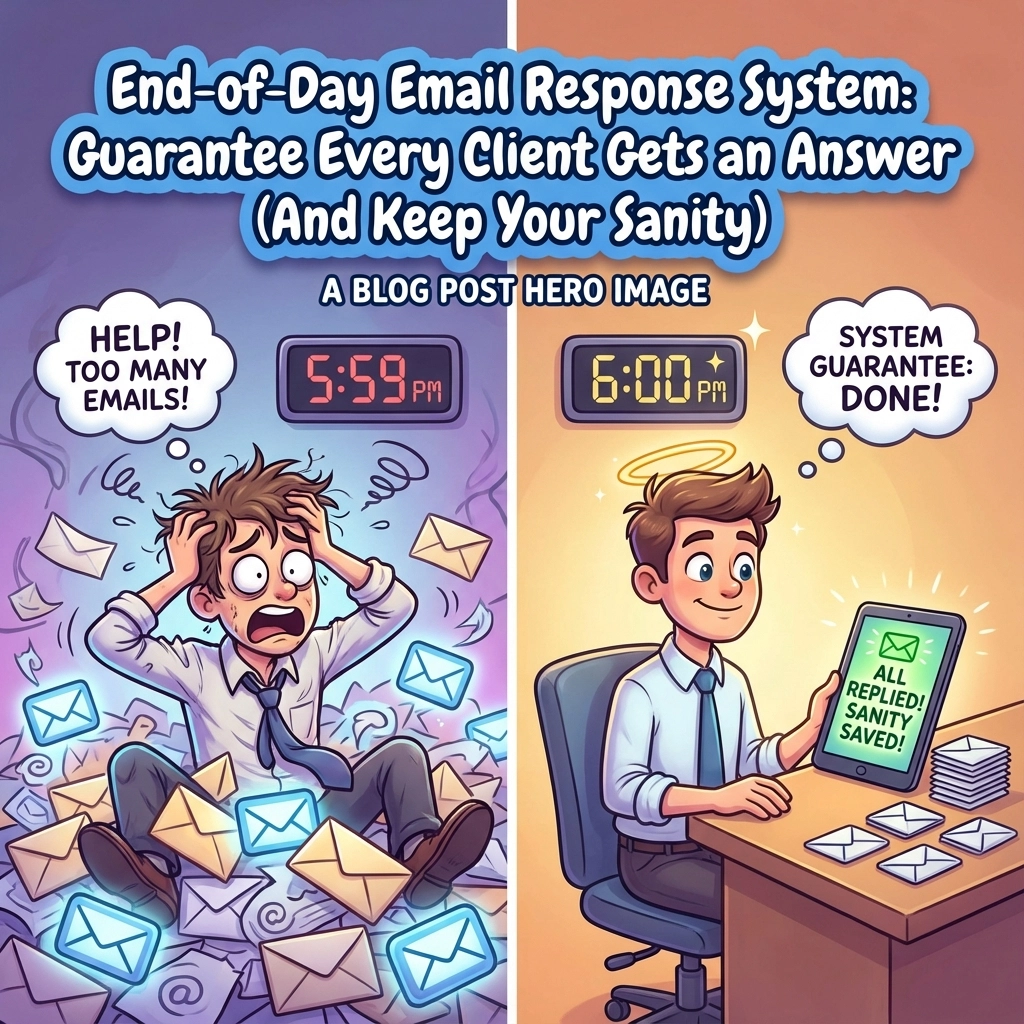Cyber risks are a continuous worry for people and organizations in the modern digital era. Although a lot of individuals believe they are not potential targets for hackers, everyone is vulnerable. Hackers may target people or companies for a number of reasons, such as monetary gain, corporate espionage, or even personal vengeance. Below is a summary of some of the most frequent reasons for these attacks.
1. Financial Gain
The most obvious motivation for a hacker to target a person is money theft. Hackers frequently try to gain access to credit card numbers, bank accounts, and other financial resources. Hackers may target payment systems or customer data for organizations, particularly small-to-medium-sized enterprises (SMEs), with the intention of selling the information on the dark web. Attacks using ransomware, in which hackers encrypt data and demand money before decrypting it, are also becoming more frequent.
2. Personal information theft
Addresses, phone numbers, and Social Security numbers are examples of very valuable personal data. Identity theft, creating fictitious accounts, and selling the information to other criminals are all possible uses for this information. Data breaches involving consumer information can be particularly harmful to firms, as they can erode confidence and result in legal consequences.
3. Corporate Espionage
There can be intense competition in the business world, and some hackers work for rival companies in an effort to gain an advantage. Targeting a company with the intention of stealing confidential business knowledge, proprietary procedures, or intellectual property is known as corporate espionage. This can seriously impair a business’s capacity for innovation and position in the market.
4. Disruption and Vandalism
Political or social causes are the driving force behind some hackers, especially hacktivists. These attackers may not be motivated by money or information; instead, their goal may be to interfere with business operations, vandalize websites, or harm the reputations of companies they oppose. Hacktivists may attack companies in contentious industries or those who have publicly endorsed controversial causes.
5. Exploitation of Vulnerabilities
Sometimes, people or companies are singled out just because they seem like a simple target. Hackers frequently search networks for weaknesses, like out-of-date software or weak passwords. No matter who the victim is, if they discover a simple route in, they will take advantage of it. In this situation, small firms are more vulnerable since they frequently lack the strong security infrastructure that larger corporations do.
6. Access to bigger targets
As a springboard for a more extensive attack, small businesses and individuals are frequently the targets of cybercriminals. For example, more private company data may become accessible through a person’s hijacked email account. In a similar vein, a small company may come under assault as part of a supply chain breach, which would provide hackers access to larger companies via a reliable partner.
7. Extortion and Blackmail
Hackers occasionally target people or companies in an attempt to obtain sensitive data that can be utilized as ransom. They might gain access to private firm information, such as emails or pictures, and then demand money or make threats to make the material public. Businesses could suffer greatly from this since the disclosure of private information could sour relations with partners and customers.
8. Botnets and Resource Hijacking
Sometimes, resources—rather than information or money—serve as the driving force. Hackers may target a person or company’s computer systems in an attempt to enlist them in a botnet, which is a collection of compromised devices used to attack other systems. As an alternative, without the owner’s awareness, hackers might take over processing power for the purpose of mining cryptocurrencies or other purposes.
9. Retribution and Revenge
Hackers may retaliate by attacking specific people or companies. Personal grudges could be the cause of this, such as a dissatisfied employee attempting to harm a previous employer or a customer feeling mistreated by a company. Sometimes the hacker’s motivation is retaliation against the company or person, and these attacks are planned to inflict the greatest amount of harm to the reputation, operations, or finances.
Threats of retaliation from ex-employees or competitors can be particularly risky for firms since these aggressors may have insider knowledge of weaknesses in systems or procedures that they can take advantage of. Likewise, people may come under attack from someone with whom they have had a personal dispute, with the intention of harming their reputation online, in their work, or in their personal life.
10. Vengeance
Attacks motivated by retaliation are frequently more malevolent and personal, with the goal of doing as much damage as possible. Deeper emotional difficulties, such as failed personal relationships, court cases, or even online exchanges where someone feels deceived or mistreated, may be the root of this kind of attack. In these situations, hackers may launch cyberbullying campaigns, deface websites, or release private information in an effort to embarrass or hurt their victim.
In severe circumstances, some hackers may also participate in “doxxing,” a practice in which they release their targets’ personal information (such as home addresses or private messages) in an effort to encourage others to harass or hurt them further.
How to Protect Yourself or Your Business
Understanding the motives behind cyberattacks is the first step toward building stronger defenses. Here are some general tips for protecting against hacker threats:
- Use Strong Passwords and Multi-Factor Authentication: Weak passwords are one of the most common entry points for hackers. Always use complex passwords and enable multi-factor authentication (MFA) whenever possible.
- Keep Software Up-to-Date: Regularly update all software, including operating systems and applications, to patch known vulnerabilities.
- Train Employees: For businesses, it’s crucial to train employees on cybersecurity best practices, including recognizing phishing emails and other common attack vectors.
- Invest in Security Tools: Whether for individuals or businesses, using tools like firewalls, antivirus software, and intrusion detection systems can greatly reduce the risk of an attack.
- Backup Data Regularly: Regularly backing up important data can mitigate the damage caused by ransomware and other attacks that might lead to data loss.
Hackers may target people or companies for a variety of motives, such as monetary gain, corporate espionage, personal retaliation, or revenge. The effects of a successful hack can be disastrous, regardless of the motivation. You may drastically lower your chances of falling victim to a hack by being aware of the reasons behind the attacks and adopting preventative measures to safeguard your data and systems.
Being aware and ready is crucial for both individuals and organizations in a world where cyber threats are ever-changing.
Share this:
- Click to share on Facebook (Opens in new window) Facebook
- Click to share on Tumblr (Opens in new window) Tumblr
- Click to share on X (Opens in new window) X
- Click to share on Pocket (Opens in new window) Pocket
- Click to share on Pinterest (Opens in new window) Pinterest
- Click to share on LinkedIn (Opens in new window) LinkedIn





